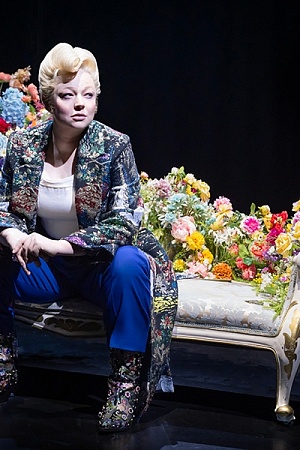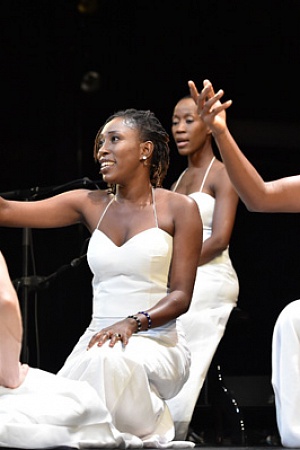Stop Girl
Picture this: it’s 7pm. The news begins. There’s the jingle, a few stories about Australian political goings-on, then a piece about a war-torn country overseas. What do you see? A foreign correspondent, flak jacket on, standing in a bombed-out street or a hospital ward full of bloodied bodies. They speak for a few minutes, describing the horror. The news moves on. We go back to our lives. But what happens next for the reporter?
The role of a war correspondent is an ethically ambiguous one. Journalists aren’t in a combat zone to fight, or to provide medical assistance or humanitarian aid. They cannot help in any practical sense: they are there to ‘bear witness’, to observe and report back. Their purpose is as a conduit: to see some of the most horrific scenes imaginable and to make them palatable. They sanitise the story so that those watching at home can understand a situation, without the emotional cost of knowing what it truly feels like to be there.
Continue reading for only $10 per month. Subscribe and gain full access to Australian Book Review. Already a subscriber? Sign in. If you need assistance, feel free to contact us.











Leave a comment
If you are an ABR subscriber, you will need to sign in to post a comment.
If you have forgotten your sign in details, or if you receive an error message when trying to submit your comment, please email your comment (and the name of the article to which it relates) to ABR Comments. We will review your comment and, subject to approval, we will post it under your name.
Please note that all comments must be approved by ABR and comply with our Terms & Conditions.